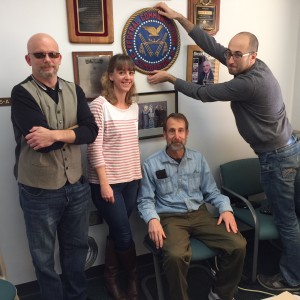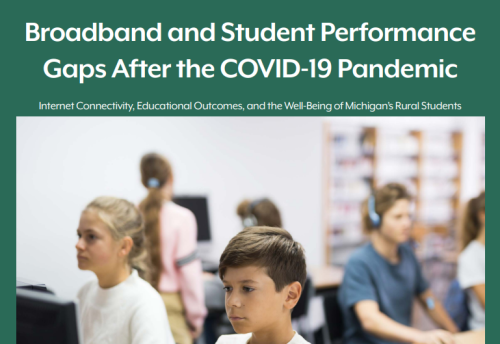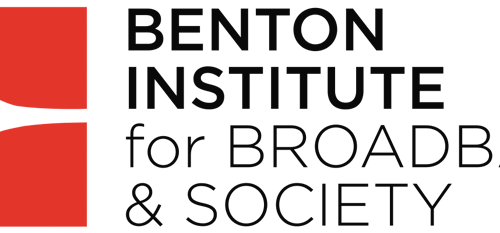With the start of a new academic year, the Quello Center is progressing on many fronts, but particularly in the development of new research. Given awards for two recent projects, one on wireless access for the last mile, and another on the role of search in shaping political opinions, based on cross-national comparative research in North America and Europe, our set of projects continues to grow. It is wonderful to see our team so fully occupied with research projects and proposals.
This has been possible through the hard work and creative ideas of our core research team, all of who remain in place for the coming year. These researchers include:
Dr Bianca Reisdorf, first hired as a Quello postdoctoral researcher last year, has been promoted to Assistant Director of the Quello Center, and Assistant Professor in the Department of Media and Information. Bianca began research on digital inequalities while a DPhil student at the OII at the University of Oxford, and is continuing this stream of research here at the Quello Center in work on digital divides in Michigan and across the US, as well as on our survey components of our comparative study of the use of Internet search in politics.
Dr Aleksandr Yankelevich, our Research Assistant Professor, who joined the Quello Center after four years at the FCC, which won him the FCC’s Excellence in Economic Analysis Award. He is leading research on wireless innovation for last mile access (WILMA), where he is focused on analysis of the use of spectrum for the last mile, and the policy are regulatory constraints they entail. And he has developed a proposal with Professor Johannes Bauer to deepen our research on the actual impacts of network neutrality, focusing on investment patterns within the communication industry.
Mitch Shapiro, is a Quello researcher, currently focused on the WILMA project, undertaking case studies of initiatives at providing last mile access across the US. He brings to the Quello Center his extensive experience working as a consultant for academic institutions, such as Harvard’s Berkman Center, and industry, such as with Strategic Networks Group and Pulse Broadband; Pike & Fischer, a unit of the Bureau of National Affairs (now Bloomberg BNA); Pangrac & Associates, Probe Reseach and Paul Kagan Associates.
Based on the accomplishments of this core team over the past year, we have been able to open a new position for a post-doctoral researcher that we will be advertising shortly. In addition, we have been able to complement this team with part-time researchers based in Detroit, who are helping with interviews of a sample of over 1,300 nonprofit organizations working to support the development of a city that some have called the New Berlin. Our interviews are shedding light on the role of the Internet and social media in the activities of organizations so embedded in interpersonal networks across the city.
So the new academic year is promising more research to build on the strength of our last year. If you are asking ‘What is all this research about?’ the answer is to inform and stimulate debate on media and information policy and practice in our digital age.
Follow us and join our seminars and lectures as time permits.
Bill Dutton




